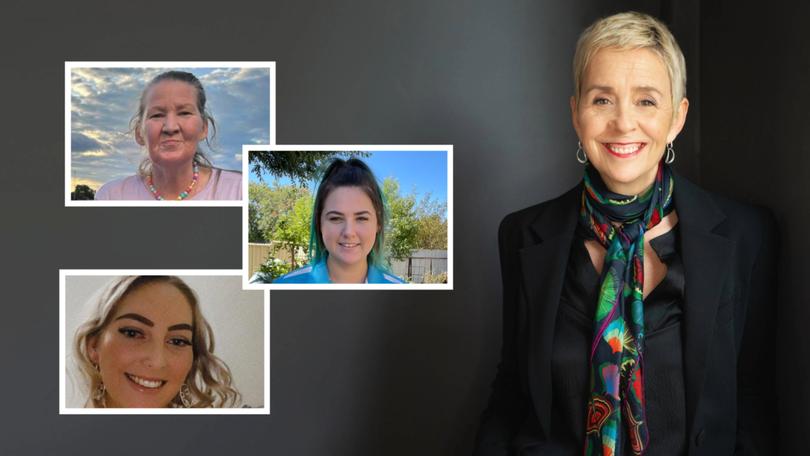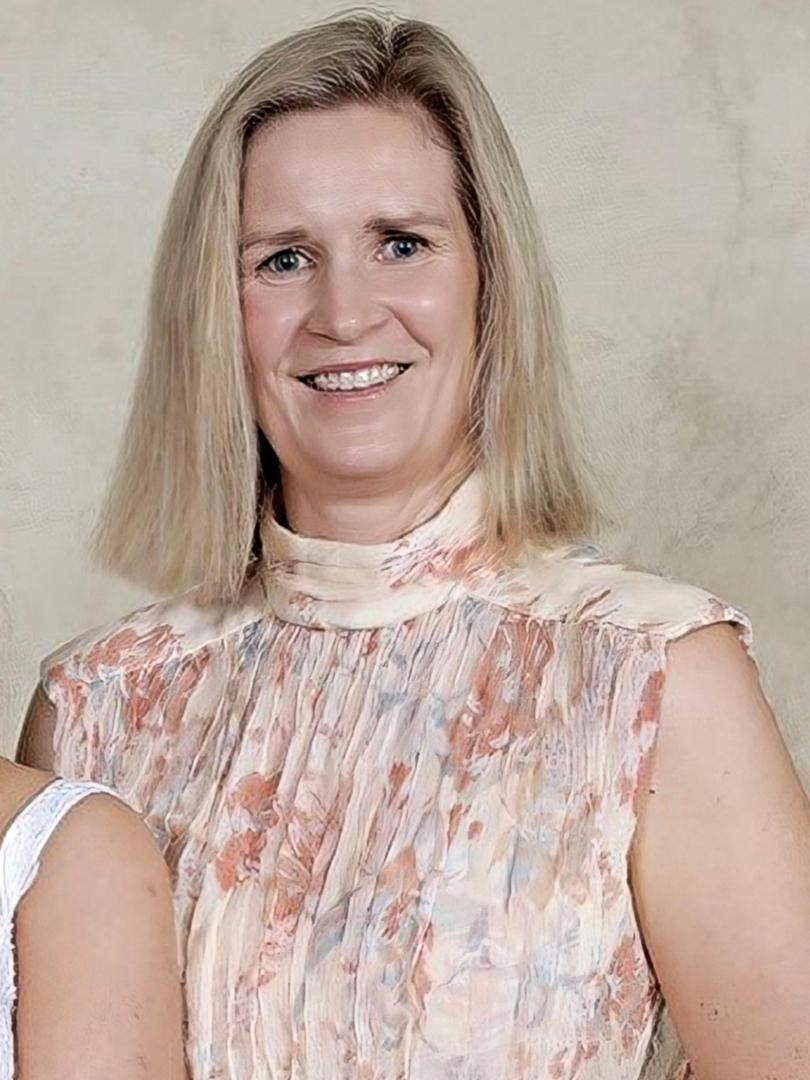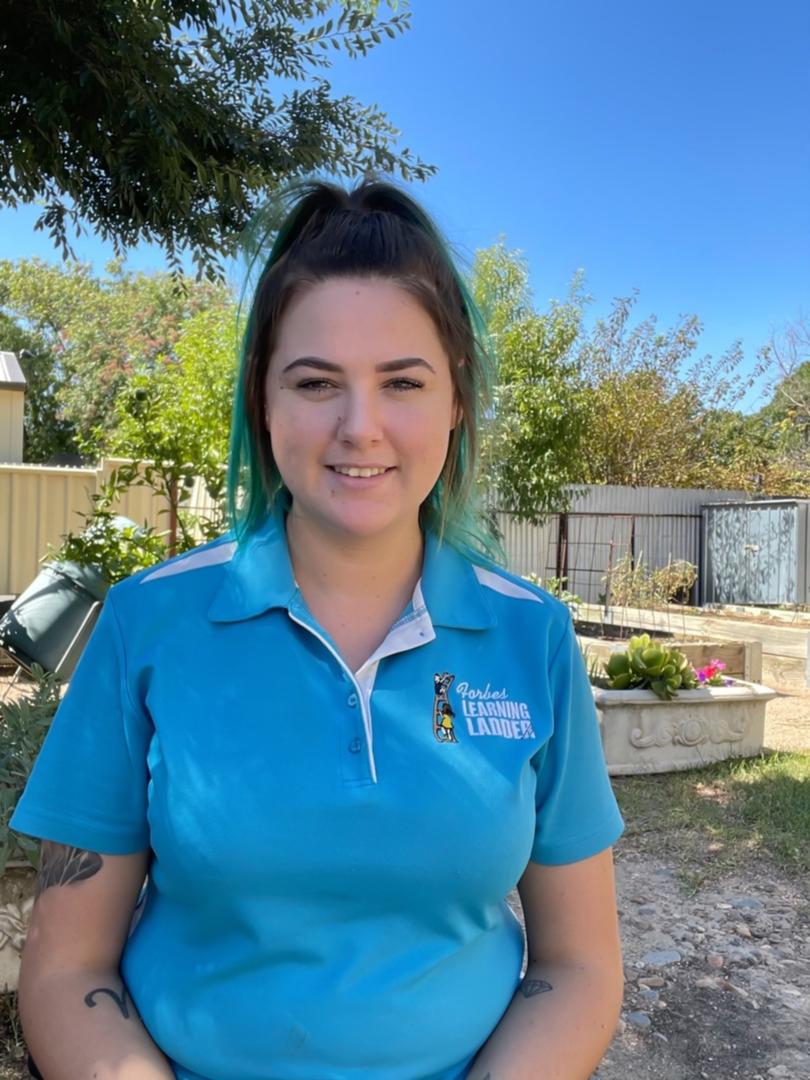Domestic Violence campaigns should show real consequences like drink-driving ads: Commissioner
Domestic violence commissioner Micaela Cronin says campaigns on the issue need to make it clear there are serious and rapid consequences for perpetrators.

There must be tougher and quicker consequences for domestic violence perpetrators and everyone in Australia should know what they are.
The nation’s Domestic, Family, and Sexual Violence Commissioner wants to see successful campaigns on drink-driving or smoking emulated to end violence.
Micaela Cronin says this is on the table after a national cabinet meeting on Wednesday agreed to a rapid review of prevention efforts, among other measures.
Sign up to The Nightly's newsletters.
Get the first look at the digital newspaper, curated daily stories and breaking headlines delivered to your inbox.
By continuing you agree to our Terms and Privacy Policy.Any campaign should be predicated on there being stronger police and legal responses and consequences for perpetrators, especially for breaches of restraining orders.
“If a bloke tests it and discovers that there aren’t going to be consequences, then what happens is that often there are multiple breaches and it can escalate to very serious violence,” Ms Cronin told The Nightly.
“Absolutely there needs to be significant lifting in terms of what consequences are, because, I mean, we see the number of breaches of intervention orders that don’t get the kinds of consequences that they should.”

Police Ministers and Attorneys-General met on Friday to start examining new ways to protect women by helping police to better identify and deal with the risks posed by high-risk and serial perpetrators, including those who repeatedly breach restraining orders.
Commonwealth Attorney-General Mark Dreyfus said the scourge of violence against women had to be addressed across all areas of Government.
“There are no easy answers,” he said. “It will take efforts across Governments of all jurisdictions, and all portfolios within those Governments, to work towards eliminating gendered violence.”
It’s part of the work stemming from the national cabinet’s emergency meeting on Wednesday in the wake of a spate of women’s deaths allegedly at the hands of partners or family.
So far this year, 28 women have been killed, according to the Counting Dead Women project. An official national register of deaths is expected to be set up mid-year and at this stage will report quarterly.
Leaders also started a rapid review of prevention programs.
Ms Cronin said it was important that everything be on the table because at the moment the country was quite poor at identifying things that worked and scaling them up or replicating them elsewhere.

But it was also vital that only programs backed in by strong evidence were continued or copied, otherwise, there was a risk of funding things that either had no impact or a negative effect.
“Some groups think, ‘oh well, something is better than nothing’. Sometimes something isn’t better than nothing, sometimes something can be harmful,” Ms Cronin said.
“Where men’s behaviour-change programs are not … evidence-based programs with good foundations then actually they can be quite harmful. People — women who have lived experience of those things — can tell you that quickly.”
Ms Cronin said Australia owed it to the women killed at the hands of violent men to learn from their deaths and act quickly.
She wants to see evidence at the next meeting of the national cabinet that States and Territories have come up with fresh ideas about where they can improve, building on the work they agreed to this week.

The Commissioner is convening a discussion about missing and murdered women next week that aims to break down silos across the sector so everyone can sharpen their focus on preventing more homicides.
“Part of why we’re having this conversation nationally now is because we’ve had a spate of horrific deaths,” she said.
“We need to be taking the learnings so that we are honouring the people who have lost their lives in learning from the situations and saying, right, what do we need to do differently and take some of those things forward.”
National cabinet also discussed the possibility of setting up a national register of serial domestic violence offenders.
Ms Cronin was lukewarm on the idea in an interview last year, and she still has concerns it could give people a false sense of security if they looked it up and found their partner was not listed.
But she says there are some potential benefits if a search of a register is used to spark a conversation.
“If somebody is going looking to see if someone’s on a register, then it means there’s been red flags, right, you don’t go looking to see if someone’s name is on a register for no reason,” she said.
“That in itself can be a point of opportunity to have a conversation about what are your concerns . . . and what might you need to consider about even if someone isn’t on the register.”

